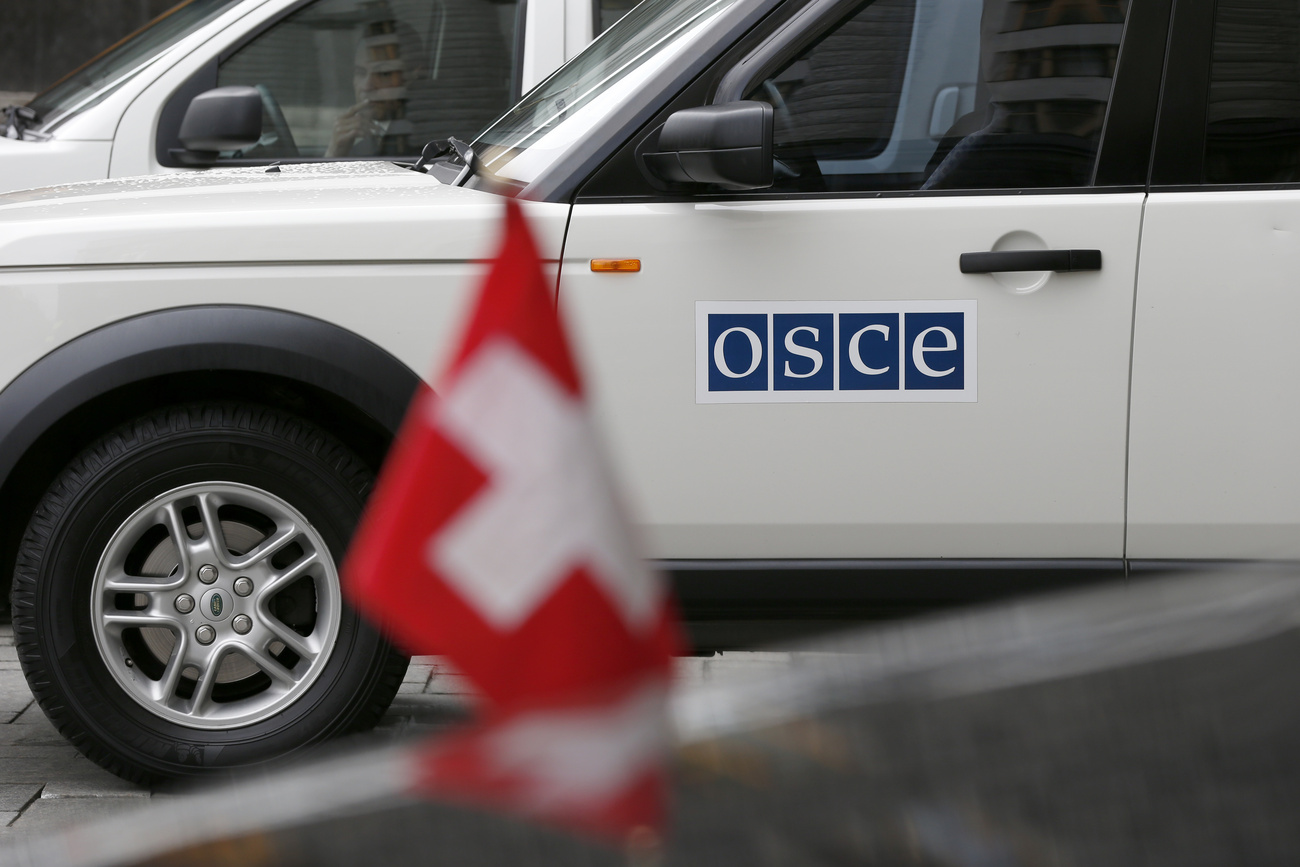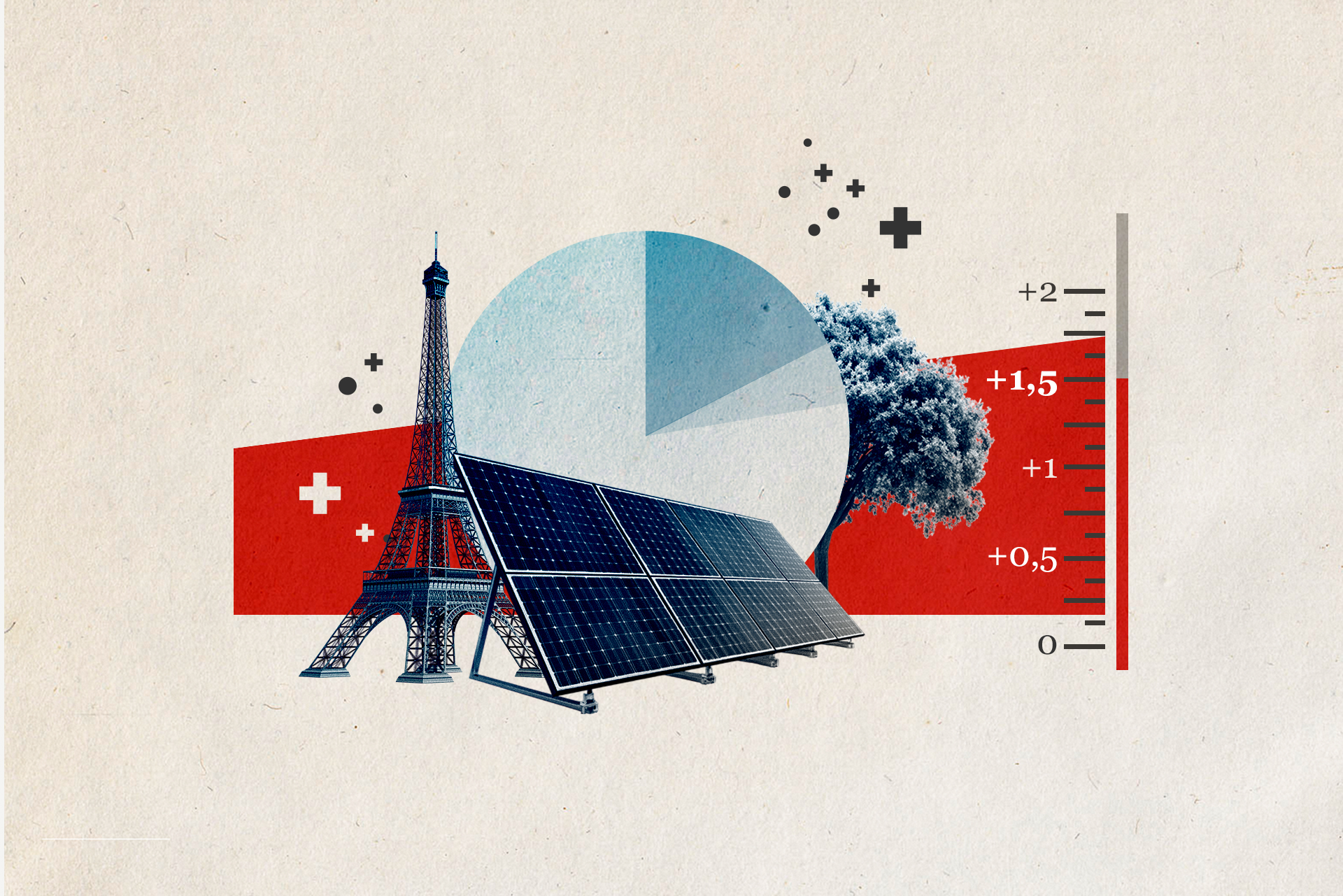
Swiss Gird for Stocks to Fall as Markets Reopen After Tariff Hit
(Bloomberg) — Swiss stock investors are bracing for Monday’s market reopening after US President Donald Trump slapped a punitive 39% export tariff on the country, among the highest in the world.
Trump’s tariff rollout landed on a holiday, Swiss National Day, which means any market fallout will only be felt once trading resumes on Monday. While Trump’s fresh tariff salvo left baseline rates unchanged for many of the US’s trading partners, some like Canada and Switzerland got hit with significantly higher duties.
Switzerland, known for its luxury watches, rich chocolates and banking giants, is one of the US’s biggest trade partners. Last year, it exported more than $60 billion of goods to the US, ranging from pharmaceuticals and medical devices to Nespresso coffee. So the 39% tariff rate is likely to roil the market Monday even if some investors cling to the hope that it’s just another one of Trump’s negotiating ploys.
“Clearly, the Swiss market’s first reaction will be negative,” said Andreas Wosol, head of Amundi SA’s European equity value strategies. “But then attention turns to negotiations. This is an announcement where Trump wants a reaction rather than to impose this level of tariff.”
On Friday, several US-listed Swiss stocks fell. Shares of the country’s biggest bank UBS Group AG slid 1.8% and computer hardware maker Logitech International SA dropped 3.5%. American depositary receipts for Compagnie Financière Richemont SA — owner of luxury maisons like Cartier, Chloé and Van Cleef & Arpels — fell 2.5%. And Watches of Switzerland Group Plc slumped 6.8% in London trading.
What stings more is that Switzerland’s European Union counterparts were able to secure a 15% tariff rate. That creates a “competitive disadvantage” for the Swiss, according to a Friday note from authors including Daniel Kalt at UBS Global Wealth Management’s Chief Investment Office.
Last year, the US accounted for a 19% chunk of Switzerland’s goods exports, the authors point out. Their base case is for the two countries to reach a similar tariff deal to the EU. But even then, they say a 15% tariff rate is still sizable compared to before “Liberation Day,” while the US dollar’s depreciation against the Swiss franc makes matters worse for Swiss exporters.
For Holger Schmieding, chief economist at Germany’s Berenberg, it’s all a prelude to negotiations.
“It will be a big shock to the Swiss market initially, but this rate is so high it’s more of a strategy to start serious negotiations rather than a final rate, which is likely to be much closer to the EU,” he said.
Meanwhile, pharmaceutical heavyweights like Novartis AG and Roche Holding AG are facing additional pressure after Trump sent letters to 17 drugmakers last week, demanding lower prices. US and European peers initially dipped on the news.
“On top of the tariff strategy now comes a full-scale assault on the pricing of branded drugs sold in the US,” wrote Arthur Jurus, Oddo BHF’s head of investment office Switzerland. “Trump is applying unprecedented pressure on drug prices, directly targeting Swiss pharmaceutical giants.”
The Swiss Market Index has trailed the Stoxx 600 this year, partly because of its heavy exposure to defensive versus cyclical stocks. On Monday, the Swiss index could see a delayed reaction to its European peers, after the Stoxx 600 slumped 1.9% Friday for its worst day since April, while France’s CAC 40, Germany’s DAX and Italy’s FTSE MIB fell over 2.5%.
“It’s hard to tell whether this is the final say — or it’s a negotiation tactic,” said Ipek Ozkardeskaya, senior analyst at Swissquote Group Holdings. “Such tariffs will add additional pressure on Swiss exporters and cause further divergence of the SMI index from major peers.”
Here’s what other market participants are saying:
Andrea Gabellone, head of global equities at KBC Global Securities
“This is hitting practically their core sectors — pharma, watches, chocolate, food. All those have already been hit by skyrocketing raw materials price and now this. So all the stars look misaligned for Swiss companies. The problem is they have a 39% tariff and on top of it, we have to see what happens to the pharma sector which is one of the top three in terms of Swiss exports.”
Chris Beauchamp, chief market analyst at IG
“The high levels on Swiss imports mean investors will continue to sell first and ask questions later. No doubt the Swiss will be high-tailing it to Washington for a deal that should bring the level down, but for now the index faces a tough time indeed.”
Ozge Brinkworth, healthcare analyst at Rathbones Investment Management, on the drug-pricing request
“The scope of the proposals is reasonably narrow, covering Medicaid products, which make up single digit percentage of sales for most major pharma companies, and new launches. Its implementation is also not straightforward, there has already been pushback from the Congress on Medicaid prices, and the US government’s ability to influence drug prices in other countries is likely to be limited. Nevertheless these points do not prevent the continued threat of pricing reform from hurting the sentiment even more for the pharma and life sciences sectors.”
–With assistance from Sagarika Jaisinghani, Julien Ponthus, Sujata Rao and Subrat Patnaik.
©2025 Bloomberg L.P.




























